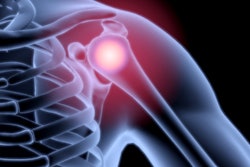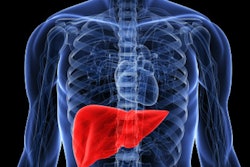Dear MRI Insider,
MRI helps diagnose disease. But it can also help make connections between other conditions with which patients are presenting -- and perhaps clarify the best treatment course.
Swedish researchers have discovered that particular brain MRI findings show a connection between atrial fibrillation in stroke patients, and perhaps predict future cognitive decline. Find out what the University of Gothenburg team discovered in our Insider Exclusive.
Last week, a worker moving an MRI scanner from one hospital floor to another at the University of Utah was killed when the scanner fell to the ground. The university and the Utah Labor Commission are investigating the accident. Look for further AuntMinnnie.com coverage of the event in coming weeks.
The use of artificial intelligence with MRI data is exploding, particularly for musculoskeletal conditions. Discover what a team of New York University investigators has found about the use of deep learning to analyze joint MRI exams, what South Korean researchers are describing as a way to apply deep learning to reduce scan times for shoulder MRI, and what another group says about how the combination of machine learning and neuroimaging biomarker data from brain MRI exams could improve diagnosis of autism spectrum disorder.
On the MRI radiomics side, a Chinese team presented findings from a study showing that an MRI radiomics-based nomogram can predict whether hormone receptor-positive breast cancer patients will respond to endocrine therapy.
Evidence for MRI's contribution to the healthcare enterprise abounds. We invite you to check in regularly with our MRI Community to keep current about the modality's up-and-coming applications.





















